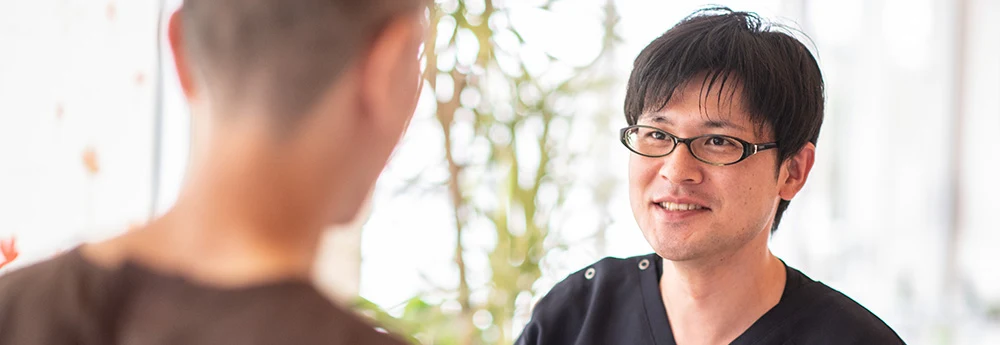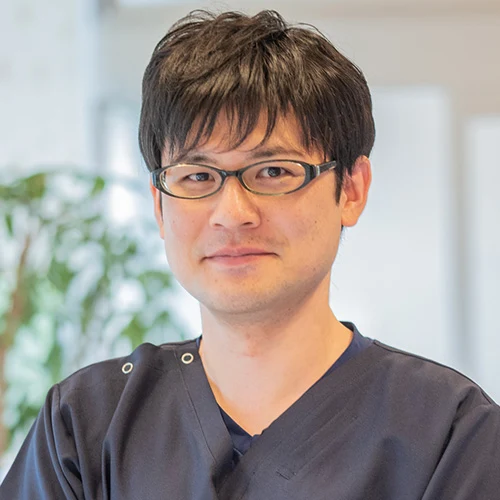鍼は多系統萎縮症に
多くの成果を上げています。
鍼は多系統萎縮症に多くの成果を上げています。
Frequently Asked Questions About Multiple System Atrophy

Updated/2025.02.19
It is a progressive neurodegenerative disease characterized by the accumulation of a toxic protein, alpha-synuclein, in the brain. This leads to rapid brain aging. The rate of progression varies significantly from patient to patient.
There is a hypothesis that certain genetic factors may predispose individuals to developing Multiple System Atrophy (MSA). Although not definitively proven, families with a history of Parkinson's disease or dementia with Lewy bodies appear to have a higher risk of developing MSA.
Given that Multiple System Atrophy is a progressive disease, there are currently no known cures. Misdiagnosis has been an issue in the past due to the challenges in diagnosing this condition. Although new medications are being developed, the main goal of treatment is to slow down the progression of the disease. Therefore, it is important to actively manage symptoms with existing treatments.
According to the Ministry of Health, Labour and Welfare, the average time until wheelchair use is five years after the onset of symptoms. However, the progression of the disease varies greatly from person to person, with some patients maintaining mobility longer and others becoming wheelchair-bound sooner. Patients whose disease progresses more slowly and with less brain atrophy are more likely to participate in rehabilitation programs.
According to global medical standards, Multiple System Atrophy is categorized into two types, MSA-C and MSA-P, which present with different symptoms. However, by providing individualized acupuncture treatments based on these subtypes, substantial symptom relief can be achieved in many cases.
While newly developed medications can improve SARA scores by approximately 0.7 points, acupuncture treatments have been shown to result in a more significant improvement of around 5 points.
The efficacy of acupuncture can vary greatly from one practitioner to another, unlike the standardized effects of pharmaceutical drugs. Furthermore, since acupuncture is not covered by insurance, costs can be higher for more experienced acupuncturists. The level of expertise in treating Multiple System Atrophy also differs among practitioners.
We typically recommend a 14-session treatment plan. Following the completion of these sessions, we will assess your progress and determine the optimal frequency for future treatments. It is possible to schedule two treatments per day if necessary.
Acupuncture can help alleviate current symptoms and slow the progression of the disease. For individuals experiencing autonomic dysfunction, such as urinary incontinence or retention, the condition often progresses rapidly, making early intervention crucial.
In many cases, patients experience immediate relief after acupuncture treatment. However, to maintain these benefits, regular treatments are recommended. Many of our patients have reported noticeable improvements such as better gait and clearer speech, which have been observed by their families.
Fractures can rapidly worsen symptoms, so it is important to take precautions. Using crutches to aid in balance can help prevent further complications. Rapid changes in position, such as standing up quickly or after meals, can cause low blood pressure and should be avoided. Sleep apnea due to vocal cord paralysis can be a serious concern. A mask-type respiratory device may be necessary. Karaoke has been shown to be a beneficial rehabilitation tool.
Regular tongue exercises, such as practicing the sounds "ra, ri, ru, re, ro," are beneficial. In Multiple System Atrophy, difficulty with tongue movement can lead to serious complications like aspiration pneumonia. These exercises also help to stimulate the cerebellum. After acupuncture treatments, which often stimulate the root of the tongue, it's a good idea to continue with tongue exercises. Walking with weights can also help improve balance.
Low-volume snoring is typically harmless. However, high-pitched snoring can be a sign of a more serious condition, such as vocal cord paralysis, which can obstruct the airway. If you or someone you know experiences high-pitched snoring, it's advisable to seek medical attention. Regular tongue exercises can help prevent vocal cord paralysis.
People with Multiple System Atrophy frequently experience postprandial hypotension, which can make them feel tired and weak after meals. Some individuals may even experience a temporary inability to walk or respond.
Multiple System Atrophy doesn't typically cause drowsiness. However, medications like sedatives can induce sleepiness. It's important to be cautious to avoid falls. Autonomic dysfunction can lead to low blood pressure, especially after meals, causing dizziness. It's recommended to rest in such situations.
Acupuncture treatments for Multiple System Atrophy are typically not covered by insurance. It's important to note that injuries, such as sprains or muscle strains, can worsen MSA symptoms and slow down recovery. However, treatment for these specific injuries may be covered by insurance.
We will conduct a comprehensive assessment of your autonomic nervous system, blood circulation to your brain and limbs, and your balance. The initial consultation fee is approximately 15,000 yen. Your treatment plan will be customized based on the results of this assessment, combining treatments for cerebellar ataxia, autonomic dysfunction, or parkinsonism as needed. The cost will vary depending on the specific treatment plan. We can provide you with a personalized quote before your treatment begins. Please note that for initial consultations on weekends or after 12:00 pm on weekdays, there is a 50% surcharge on the examination fee and self-pay portion.

I wrote this.
Akinori Sagara, Acupuncturist, Moriue Acupuncture Clinic
Inspired by the desire to help a family member who didn't respond well to traditional medical treatments, I pursued a career in acupuncture. Today, I focus on providing holistic healthcare. Although I may appear reserved, I have a deep-rooted compassion for others. I am dedicated to supporting patients as they navigate both physical and emotional challenges.